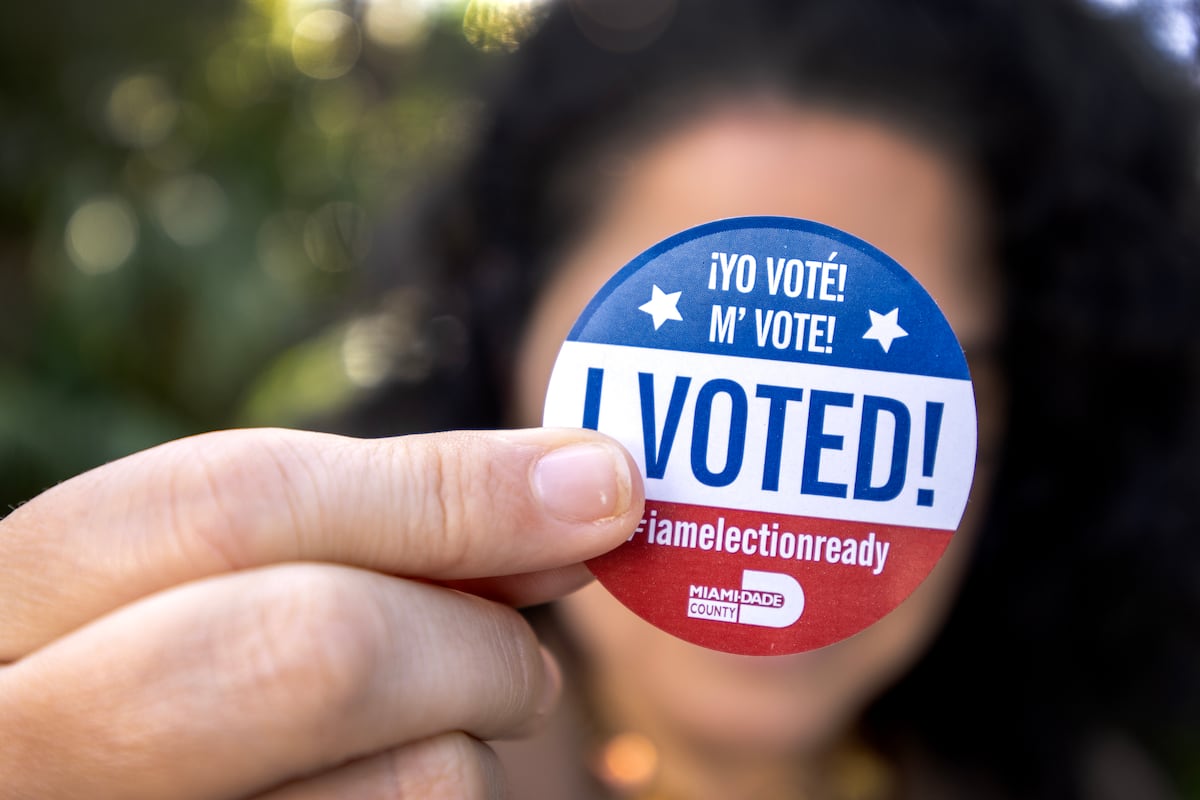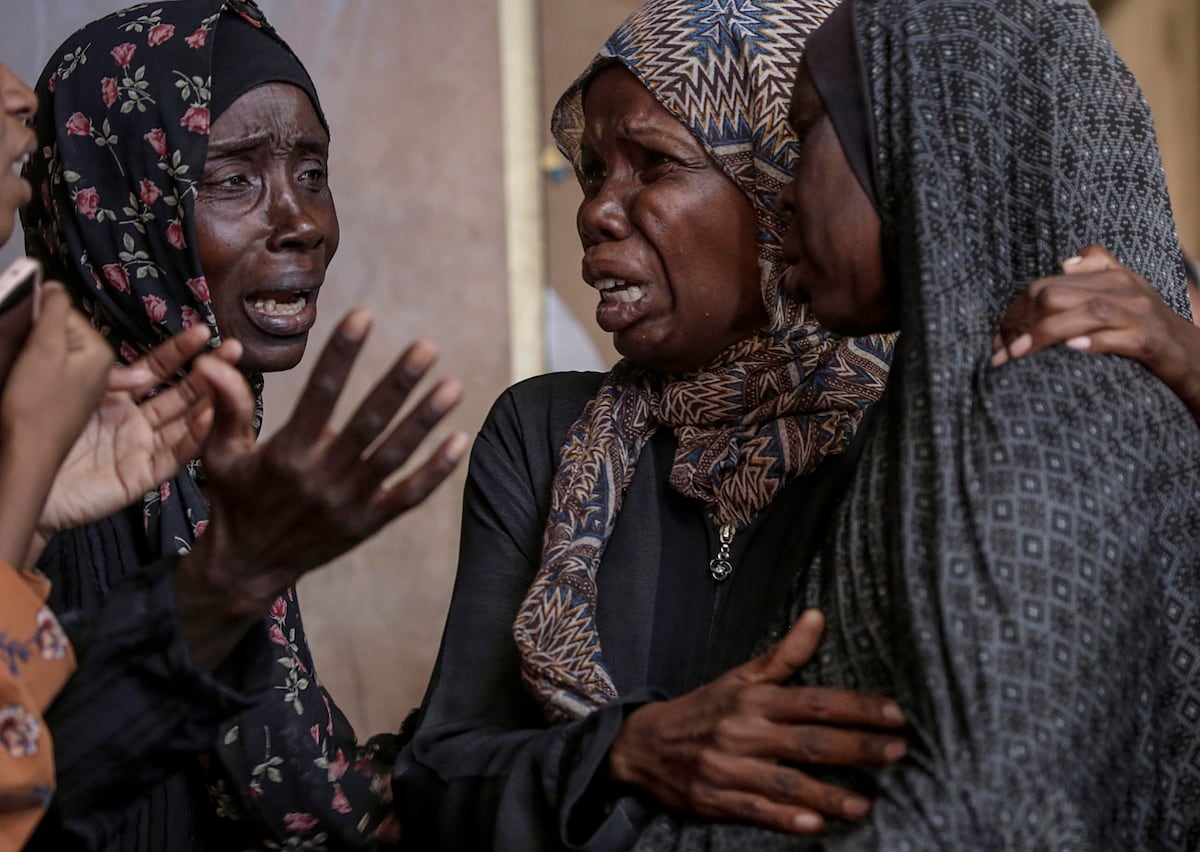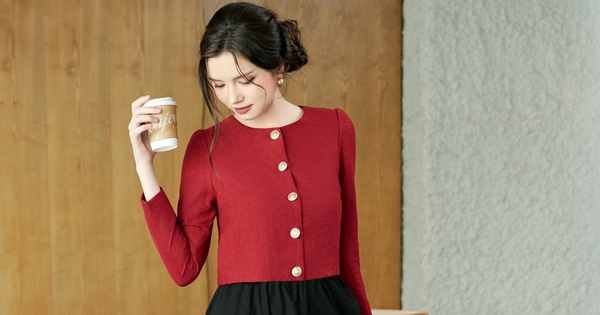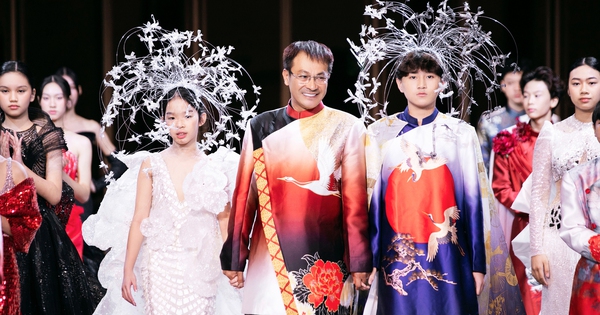“Women are going to win these elections for Kamala Harris,” says Carrie Zimmerman. This resident of Alexandria, in northern Virginia, is one of the 75,000 people who this Tuesday came to the Ellipse, the large esplanade in front of the White House, to listen to the Democratic presidential candidate in her “closing arguments” speech in the last days of the campaign. In her opinion, on November 5 there will be a wave of female votes that will tip the balance in favor of the vice president: not only Democratic women, but also others of conservative or independent ideology who want to defend the right to abortion and democracy.
“The Republican Party wants to systematically take away women’s right to access abortion. I think women, regardless of how they think about other issues, are not going to put up with that anymore. “They want control of their bodies, and not to be told by the Government what they can do with their reproductive systems,” Zimmerman maintains vehemently.
This resident of Alexandria has attended the rally with several friends, who agree with the words of this mother. They wear, like many other attendees, t-shirts supporting the vice president and her number two, Tim Walz, on which they read slogans in favor of the right to terminate a pregnancy. “Vote, for your daughters,” appeals to the cap of another attendee at the speech.
A few meters away, Melissa Scott, also a resident of the outskirts of the US capital, expresses herself in a similar way: “I am here because I want a world in which women can grow up without fear of their reproductive rights being taken away from them. Because I want a world where gay rights are still protected, where ethnic minorities feel part of this country and not marginalized by [el candidato republicano] Donald Trump and his supporters. Because I believe Kamala Harris can unite this country. “We need to defeat Trump and the hate he foments.”
Scott, Zimmerman and their companions represent the main voting bloc that has turned to Kamala Harris’ candidacy: women, especially those with college degrees and who live in residential neighborhoods. A poll published last week by the NBC television network showed an advantage for the Democrat over Trump of 30 percentage points in voting intentions between them. On the other hand, the Republican receives 12 points more support among men. Its staunchest sympathizers are found among non-college-educated and working-class men, who consider themselves despised by intellectual elites.
The gender gap has always existed in American elections. Since the 1980s, women have tended to vote more for Democrats, and men more for Republicans, but never before have the differences been so marked. In the last 25 years that gap has doubled, especially among younger women. “Among young women under 24, finding someone who wants to vote for Trump is like finding a green dog,” says political strategist and voting trends analyst Frank Luntz. “Young women are dying to vote for Kamala Harris, in whom they see who they would want to be in 30 years.”
“The gender gap in 2024 is especially large,” says Katherine Tate, professor of political science at Brown University. “Trump has alienated women voters with his hostile language and aggressiveness. “The female vote is going to be decisive in these elections.”
The trend is obvious in any rally of the two candidates. The former president’s audience tends to be dominated by men. The vice president’s, although more diverse, is full of female faces. And both candidates have placed an emphasis on cultivating these respective voting blocs.
“On voting day, when many couples go to the polling station, they are not going to talk to each other on the way. That night there will be many couples in which one of their members will sleep on the couch, and not precisely because they are following the count,” Luntz ironically.
Trump’s hypermasculinity
Trump appeals to hypermasculinity, a trait that he has especially accentuated in recent weeks and that has allowed him to capture votes among groups until now more inclined towards Democrats, such as Latino men, African Americans and young people.
In his campaign events, a wrestling star tears his shirt; he constantly appeals to “fight”; has made allusions to the size of a golfer’s sexual organ. His few allusions to women are to offer himself as their “protector.” His vice presidential candidate, JD Vance, is a figure especially reviled among progressive women following derogatory comments about “ladies with cats and no children” or in which he suggested turning to grandparents to take care of the children. small.
Harris, meanwhile, has not wanted to accentuate the historical nature of her candidacy as the first black woman to run for the White House: it is a lesson learned from the failed attempt by Hillary Clinton, who in 2016 promised in her campaign to “break the ceiling of harder glass” and he didn’t get it. The vice president makes the right to abortion her banner and tries to present herself as the candidate of dialogue, inclusion and common sense. At some of his rallies he has appeared alongside former Republican congresswoman Liz Cheney, daughter of former Vice President Dick Cheney, to send a message to conservative and moderate women, who may be interested in Trump’s political proposals, but who are repelled by his aggressive personality of the candidate.
Last week, his campaign organized a large electoral event in Houston, Texas, to highlight the draconian law that has prohibited abortion in that State for three years and its negative consequences on women’s health. In it, Harris was accompanied by stars such as Jessica Alba and Beyoncé, who appealed “as a mother” to vote in favor of the Democrat.
Despite everything, a part of the female vote does lean towards Donald Trump. “It is very important to know that the values of the Republican Party are the values of Latinos,” says Teresa, of Venezuelan origin, but who has lived in the city of Reading, in Pennsylvania, for more than two decades.
The support from women is good news for Harris. Women tend to go to the polls more regularly than men, and represent 53% of the electorate. According to an analysis of the digital PoliticalThis week, in the advance vote of the hinge states there is a gender gap of 10 percentage points in favor of women. 55% of the ballots cast belong to them, while 45% correspond to men.
Despite everything, the women’s vote will not be enough to give victory to Harris. Not just that of men for Trump to triumph. Thus, two of the most popular Democrats among the bases of that party, Barack and Michelle Obama, have launched to ask for the vote among men in favor of Harris. “If we do not do well in these elections, your wives, your daughters, your mother, women will become collateral damage of your anger,” said the former first lady, who continued: “As men, are you willing to look at the eyes of the women you love and tell them that you supported this assault [contra sus derechos]?”








